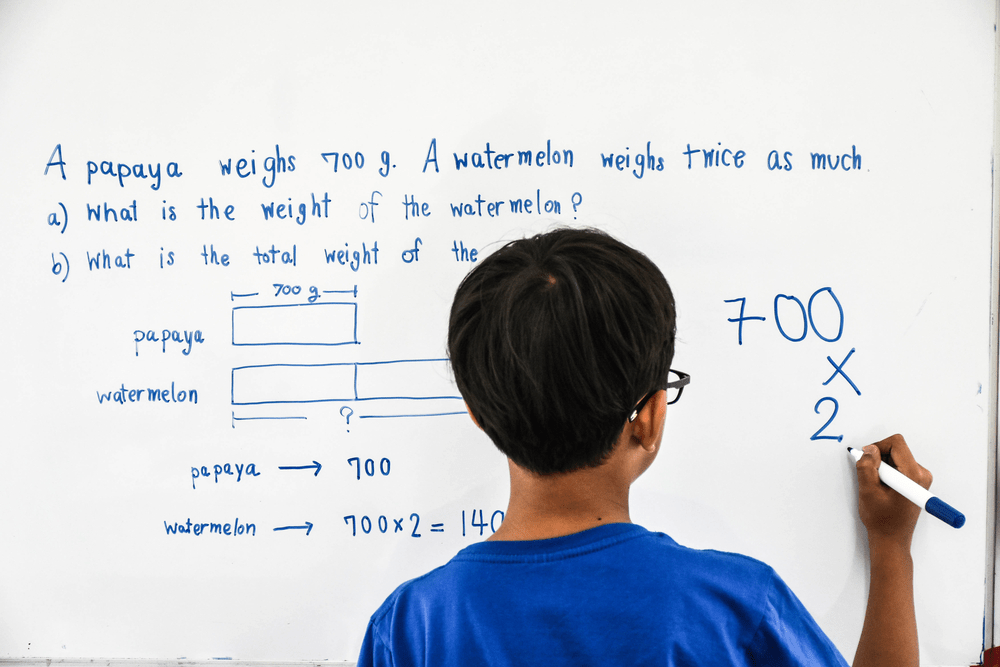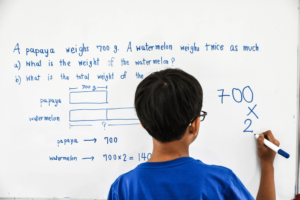Have you noticed that your child’s homework contains more word math problems than ever before? Math word problems are regarded as a vital part of the mathematics curriculum, as it enhances the student’s mental skills, helps develop logical analysis and boosts creative thinking. Learning to solve math word problems from a young age provides the foundation students need to solve similar problems when they enter the workplace.
However, word problems are hard. Word problems are confusing. And our kids hate doing word problems. Whether your child excels in math or struggles to understand mathematical concepts and formulas, math word problems are often an entirely new entity that can cause even mathematically skilled children to struggle. Math word problems require a different skill set than standard math problems that children will need to master in order to succeed. To get the right answer, your child has to be able to read the words, figure out what math operation to use, and then do the calculations correctly. A breakdown in any of these skills can lead to difficulty.
If your child seems to be good at math but has trouble with word problems, here are possible reasons why—and ways you can help.











 2. Teach your child a logical process
2. Teach your child a logical process










